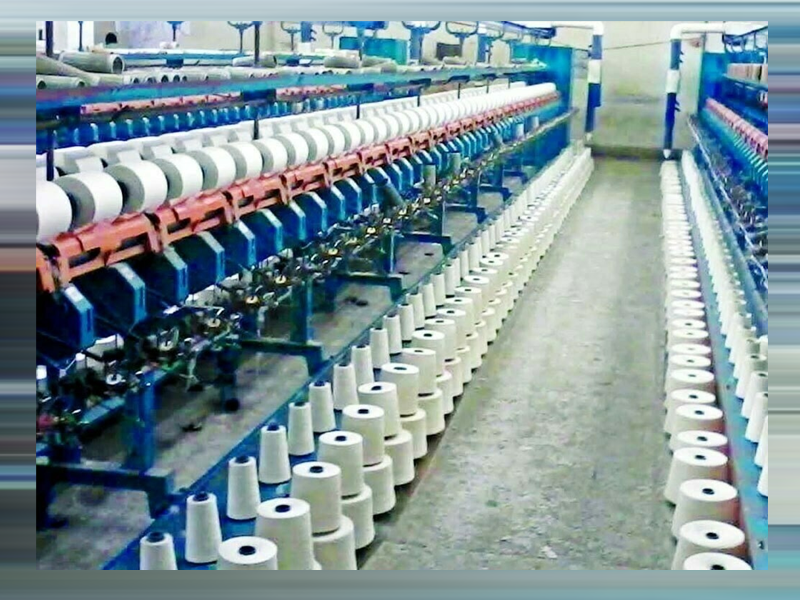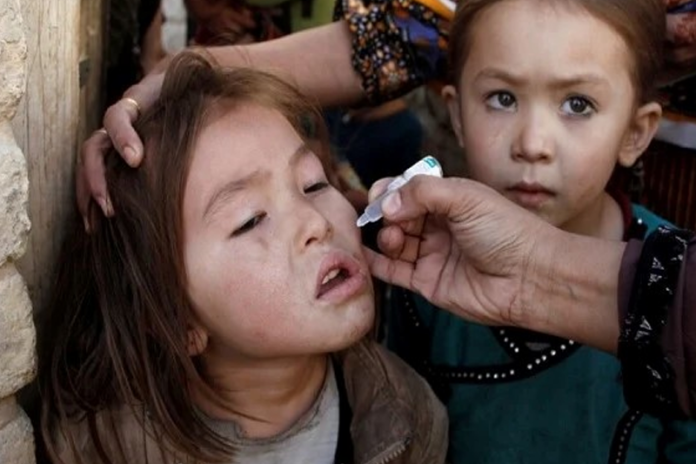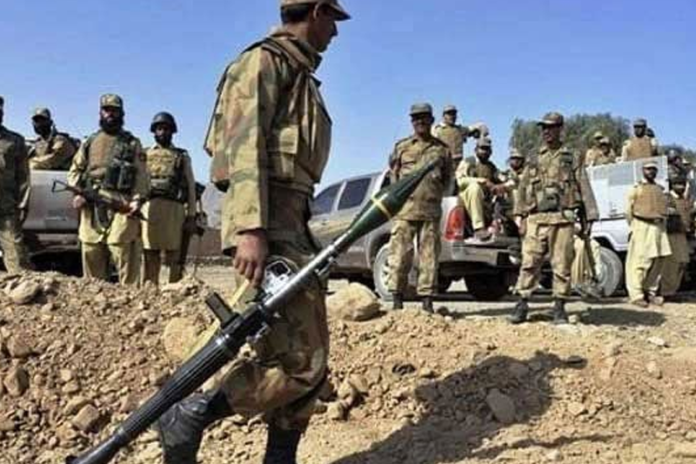Pakistan's textile exports and economy

- 453
- 0
The share of textiles in Pakistan's exports, which has been greater than that of all other industries combined, has been reduced to less than half as local cotton production has steadily declined over the past decade or so.
In 1997, its cultivated area was 32 lakh acres. which is now 22 lakh acres. More unfortunately, last year's stormy rains and floods destroyed a large part of the crop, while its imports were affected due to the recession in the global market.
In recent days, textile exports have fallen further by 15% to $16.5 billion due to higher energy prices. In two years, 25-30% of the mills have closed, killing more than 700,000 jobs. Due to the closure of small mills and manufacturing units, the export of bed sheets, towels and other textile products has been affected. India is benefiting the most from this situation our textile exports shrink with the passage of time.
The trade sector has been affected badly due to the economic crisis but textile sector has affected the most. This is a very alarming situation which is not limited to textiles alone, other local and export industries are also facing similar problems. According to the circles associated with the textile industry, they have export orders till December. but there is no way to fulfill them.
Meanwhile, the term of the current assemblies is over and the federal and provincial governments are about to be dismissed, which seems to increase the estimate of the possible loss due to the hanging of the issue of the textile sector until the next elections. Ministry of Finance and State Bank should take concrete steps in this regard.
The biggest problem facing the industry as a whole is the continuous increase in energy prices. The export industry is facing more difficulties in this regard because the goods we have to produce and supply to the global markets are not the only monopoly of Pakistan.
Our neighboring countries are our biggest competitors in global trade. They have access to cheaper gas and electricity than Pakistan so their cost of production is lower and they are earning more foreign exchange than us by selling goods at lower prices to customers. Due to increase in gas and electricity prices, Pakistan's textile industry has lagged far behind in the competition with other countries in the region.
Apart from this, instead of giving a chance to flourish, our industrial processes are always kept under the pressure of bureaucracy and tax authorities. To improve the business environment in Pakistan, no government has paid attention to "Ease of Doing Business" till date.
The reason Pakistan is at the crossroads at present is the policies of the last several decades which are changed every few months to achieve short-term goals or to please a particular section. If this government believes in advancing the journey of development on a stable basis by promoting industrialization in the country, then first of all it is necessary to make a long-term policy for industrialization.
In whatever policy is prepared in this regard, it is necessary to consult with all the stakeholders of the industry as well as to assure the political leadership that any political party forming the government in the future will not change this policy.
With this initiative, industrialists will be able to carry out industrial processes by planning on a long-term basis and Pakistan will not have to beg for loans from the IMF or other international financial institutions every now and then due to economic crisis.
At present the situation of the industry is that billions of rupees are stuck with the government due to delay in payment of refunds of sales tax and other duties and taxes.
On the other hand, the interest rate has reached 21 percent, due to which it is becoming more and more difficult for the industry to obtain loans. Moreover, the dollar is continuously increasing in value against the rupee and the inflation rate is at the highest level in history.
All kinds of industries are suffering because of this. The government should think how the country will develop in such conditions. Where will the jobs be available to the thousands of youths who go to different factories and offices every day to get jobs? Although the government has substantially increased the salaries of government employees in the budget, no government has the capacity to provide jobs to all job seekers. Therefore, immediate steps are necessary for the restoration of the industry, because if the wheel of the industry runs, people will get employment.
If the industry does not survive, people's jobs will also be lost. The rulers need to understand the basic point of the economic system that the increase in foreign exchange reserves is possible only by increasing exports.
For this, the textile sectors needs to be given protection. Our first priority should be to restore the balance of trade. The balance of our trade is not in our favor at the moment, due to which we are forced to take new loans to pay the old debts and also to pay the interest on them.
In this regard, we need to study the Bangladesh model, how they have made their country economically stable by consistently implementing the export-oriented growth policy.
And last but not the least, the textile industry is working at barely 50% production capacity, which is expected to reduce the textile exports of one billion dollars every month.

















































